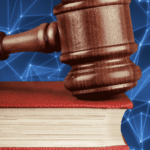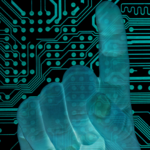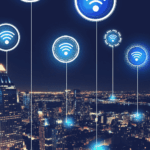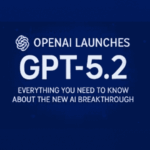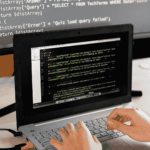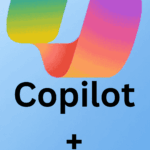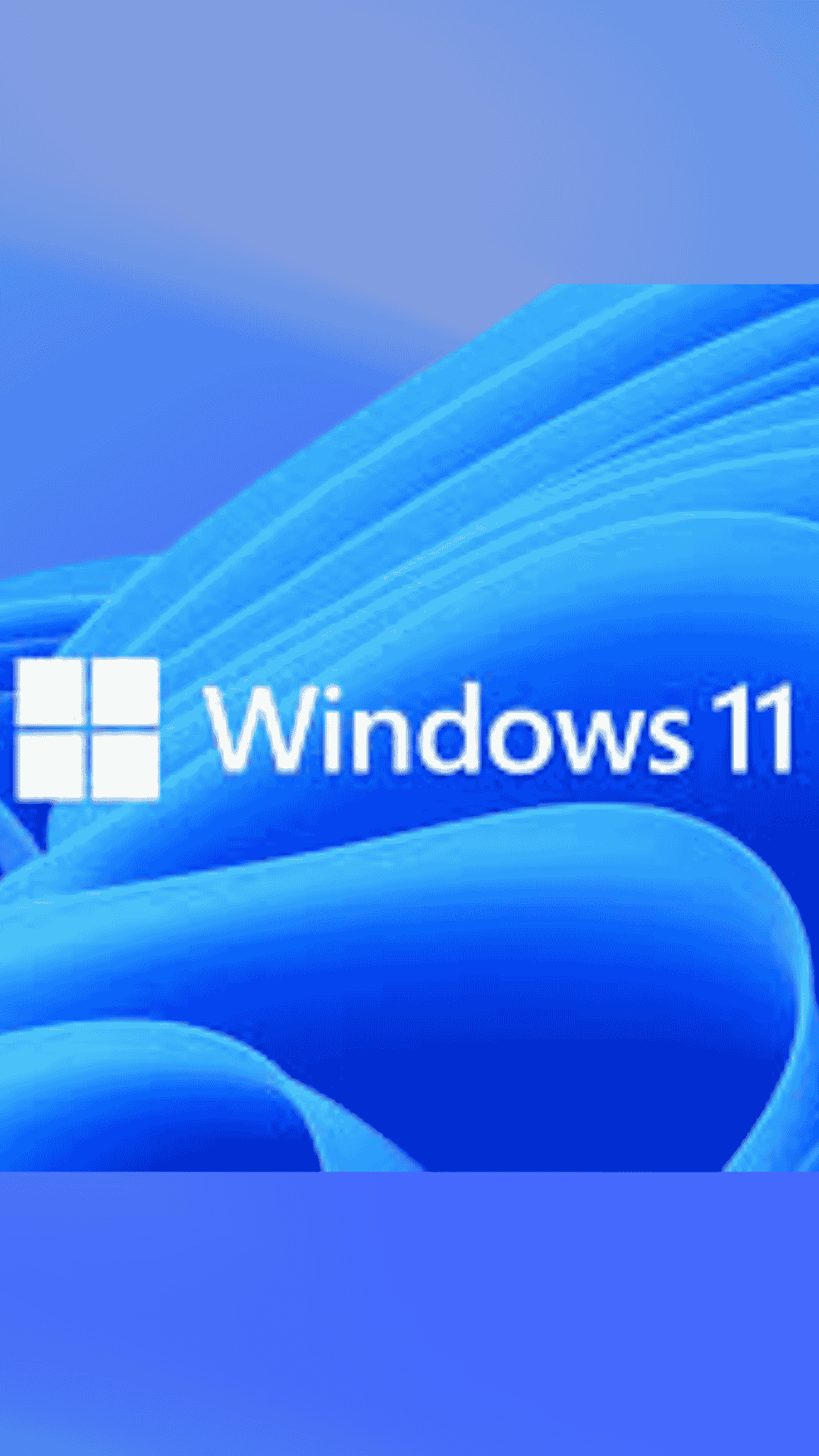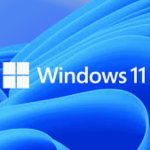In a long-anticipated move, Microsoft has officially announced the end of support for Windows 10, marking the close of an era for the operating system that has served hundreds of millions of users worldwide. With this decision, the company is pushing users firmly toward its newer system, Windows 11, which is undergoing a radical transformation to become the first Microsoft OS built around artificial intelligence at its core.
Goodbye Windows 10: The End of a Decade-Long Era
Launched in 2015, Windows 10 was once described as “the last version of Windows,” with Microsoft promising continuous updates instead of future releases. However, after a decade of security patches, feature upgrades, and widespread adoption, the company has confirmed that official support will end in October 2025.
This means that users who continue running Windows 10 after that date will no longer receive security updates, bug fixes, or technical assistance from Microsoft. As a result, older devices could face increasing cybersecurity risks as unpatched vulnerabilities become easier targets for attackers.
Windows 11: The Beginning of the AI Era in Operating Systems
But Microsoft isn’t just releasing another update it’s reinventing the entire Windows experience with AI at the center of the design.
One of the most prominent features of this shift is the deep integration of the Copilot assistant, now embedded throughout the system rather than existing as a separate app.
Instead of searching manually or browsing through menus, users can simply ask Copilot to execute commands, summarize documents, or even draft emails.
Microsoft says this transformation aims to make user interaction more natural and intuitive, allowing people to focus on creativity and productivity while the system handles routine or technical tasks.
New Requirements, Old Devices Left Behind
Despite its futuristic capabilities, Windows 11 has faced criticism over its strict hardware requirements.
Many PCs currently running Windows 10 fail to meet the necessary security standards, such as TPM 2.0 support or newer-generation processors.
This means millions of computers around the world are not eligible for an upgrade potentially leading to a surge in electronic waste (e-waste) or forcing users to buy new machines.
Environmental advocates have criticized Microsoft for this decision, arguing that the company could have taken more sustainable measures instead of pushing users to discard older, yet functional, devices.
AI and Privacy: Questions That Must Be Asked
Integrating AI so deeply into the operating system naturally raises concerns about data privacy and user security.
An always-on assistant connected to the internet and granted system-level access could, in theory, reach sensitive personal or professional information.
Microsoft insists that Copilot adheres to strict data protection policies and is designed to process as much information locally as possible but skepticism remains, especially as AI becomes increasingly intertwined with our digital lives.
What Should Users Do Now?
If you’re still running Windows 10, now is the right time to explore your options.
Experts recommend upgrading to Windows 11 if your hardware supports it, or considering alternative operating systems like lightweight Linux distributions or Chromebooks if it doesn’t.
Before upgrading, be sure to create a full backup of your files and confirm that your software and drivers are compatible.
At the same time, Microsoft is expected to continue evolving Windows 11 into a smarter, more cloud-integrated system making it not just a new version, but a complete redefinition of how humans interact with computers.
Conclusion
The end of Windows 10 marks the close of one technological generation and the dawn of another driven by artificial intelligence.
Whether we like it or not, the future belongs to systems that understand us, learn from us, and assist us before we even ask.
Yet one critical question remains: how much control are we willing to give up in exchange for the convenience of “smart” systems that may know us better than we know ourselves?

